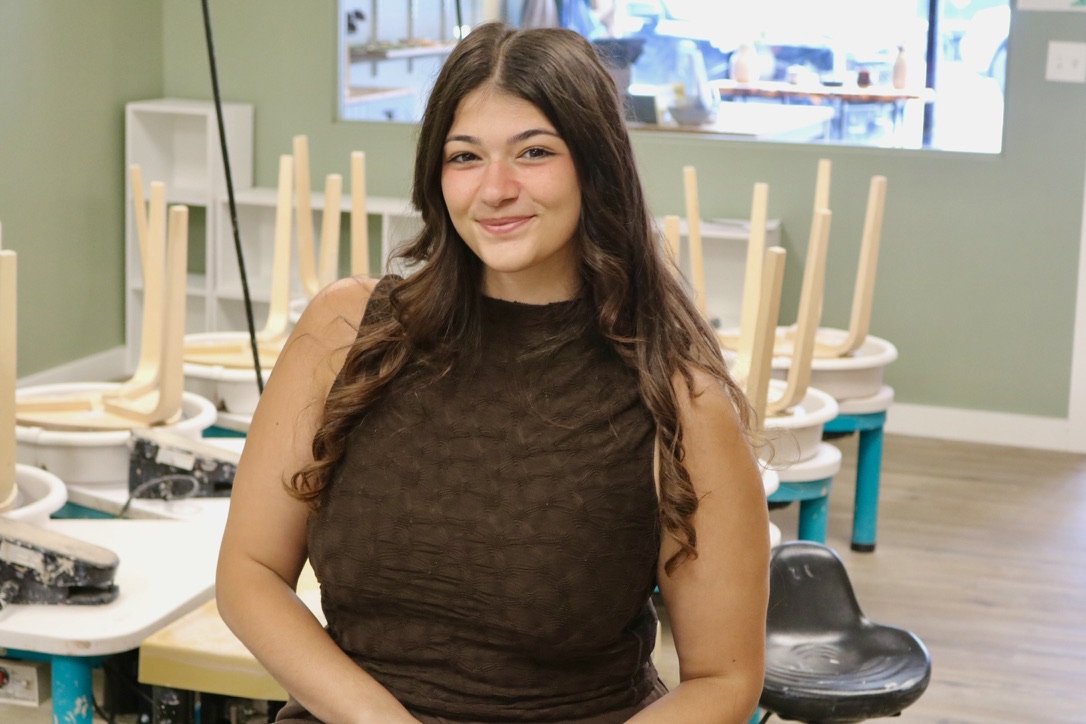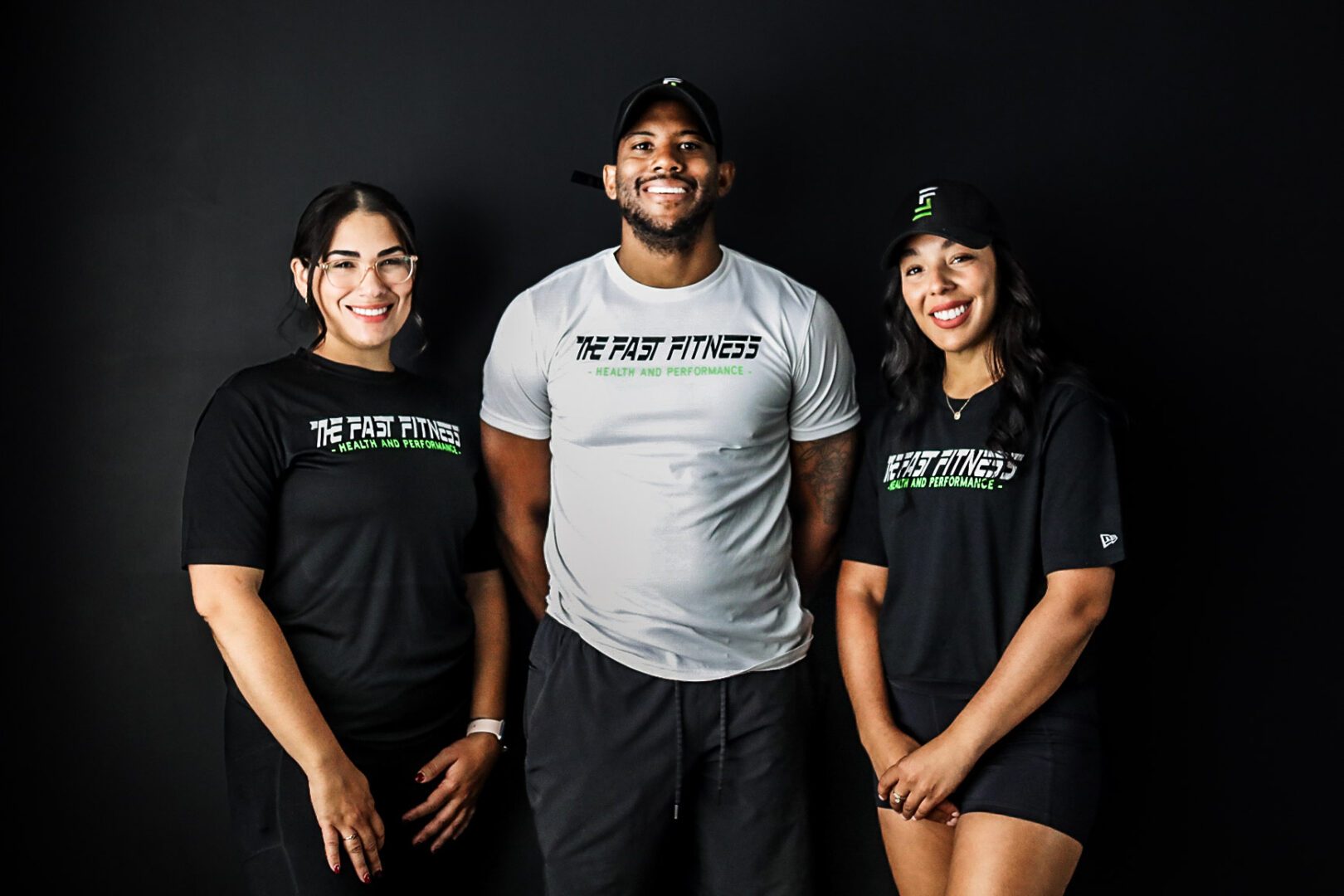We’re excited to introduce you to the always interesting and insightful Laura Downey-Hill. We hope you’ll enjoy our conversation with Laura below.
Hi Laura, thanks for sharing your insights with our community today. Part of your success, no doubt, is due to your work ethic and so we’d love if you could open up about where you got your work ethic from?
I learned my work ethic from the example set by my father. My dad did not have role models in his mother and father. Money was always a struggle. He remembers being sent to the neighborhood grocery store and begging them to put a few necessities on his parents’ tab, even though their bill was way overdue. At eleven his parents would make him go to the landlord’s house by himself to plead for a few more days to pay the rent. All he saw growing up was the embarrassment caused by not having the money to pay obligations.
I grew up watching my dad work. That is really the thing I remember most about him. He was a door-to-door yellow pages salesman. He left the house every morning in a suit and tie, carrying a briefcase and always wearing a hat. When I was young, he would take me to his office every Saturday morning while he did his sales report for the week. I remember the clicking of calculators and big white boards full of numbers. When your dad works on commission, you become aware at a very young age the excitement of a good week and can sense the stress of a bad week. Pay day was Friday and Saturday was grocery shopping day. If Dad had a good week, Mom bought ice cream, if he had a bad week Mom made Jell-O.
My dad watched his parent’s money struggles and learned to respect the hard work necessary to meet your obligations. A lesson my dad in turn taught me. He believes each generation must strive to do better than the last. Not everyone sets a good example, not even parents. Copy the best and learn from the worst. His dedication to his job and the routine that he followed was transmitting something that I did not fully understand but knew was important. He was teaching me a work ethic that I would carry throughout my life in every undertaking. What started as embarrassment to a young boy turned into the determination to shape a successful career and build a company. It is his legacy.
Great, so let’s take a few minutes and cover your story. What should folks know about you and what you do?
Two years ago, after fourteen years in elected office, six as Mayor, I was term limited and found myself with time to start living a new dream. My two books (so far), “Where the Mean Girls Go: The Complicated and Hurtful Relationships Between Women” and “Walking in My Shoes: A Woman’s Story of Leadership,” both tackle the challenges faced by women striving to balance various roles in today’s fast-paced world. With honesty, humility, and humor, I share my own journey, filled with valuable insights, including the mistakes and lessons learned along the way. I speak candidly about divorce, failed friendships, raising children, giving up a successful corporate career, joining the family business and serving as mayor of my city.
Writing has allowed me to share a lifetime of lessons, but I am smart enough to know there is much more to learn and much more to do. I have always known that I wanted to do big things, to leave my mark; I just had to believe in myself. I have gained confidence and wisdom through the years with the guidance of my father and the many mentors I have welcomed into my life. We each have a story, one that, regardless of age, has shaped who we are today.
If you had to pick three qualities that are most important to develop, which three would you say matter most?
1. Always keep your word.
Your word means more about you than how much money you make, what kind of car you drive or what title you have. The measure of a person is that they will stand behind their promise, their word, and their commitment. Keep your word not on just the big things but on the small things. Many people will never know about your business deals, but they will notice that you stop and talk to them, show interest in who they are and fulfill the small promises you make.
Never underestimate the long-term value of honest dealings along your journey and the cost of dishonest ones. More often people form fleeting opinions from simple acts or ordinary situations. There is nothing big that you can put your finger on, but they made an impression none the less. Life is a series of normal interactions, and it is our choice how we handle them – encounter with a neighbor, a restaurant server, the bank teller, checkout clerk at the grocery store. We are constantly being judged by the little things and how we handle them.
2. If you get to the top of the ladder first, reach down and offer your hand.
We make a huge misstep when we pull the ladder up after reaching the top. Never forget the hard work that went into achieving your goals. Reach out to the women battling behind you and pull them up too. Make the time to offer guidance and be wise enough to accept it. You may reach the top of many ladders during your journey. Every time you start a new adventure, aim for the top and when you get there, look around and see what you can do next. More importantly, see who you can help next. Be solid in your sense of self and invite other women to sit at your table. Do not be afraid to reach down and help another woman up.
3. Everyday fix one thing.
It is an incredibly simple concept. What it does is train you to plan ahead. In business we like to think big — new products, new strategies, new branding. You do not always have to be looking for big changes to be successful. Life is truly a series of small decisions, thus the saying, “it’s the little things that count.” Getting up every morning with the goal of fixing one small thing, something no one else may even notice, becomes such a motivator. Most days I fix something very small, even silly — sewing a button on a pair of pants, cutting a small cost by streamlining a process at the office, finishing a project I started but never finished, cleaning off the piles on my desk. When I fix one thing, I give myself credit for a good day. When was the last time you asked your team, “What one thing can we fix today?”
My advice: when you decide on your ‘next’ challenge, make sure you give it your all. Win or lose, people are going to remember how hard you worked. People may see you trip but they will also see the effort you gave and the way that you handled yourself. Someday you may be exactly the kind of fighter they want in their corner.
Any advice for folks feeling overwhelmed?
Like many of you, my personality thrives on being busy and productive, otherwise I feel lazy. I know that sounds silly, but I have always measured myself by what I have accomplished. I was interviewed by a local magazine when I was first elected mayor. They asked me why I have been so involved in my community over the years; I replied that I did not want my kids to remember me sitting on the sofa watching TV. I wanted them to see me as someone who made a difference. Wow, how critical I was of myself. Being driven and ambitious does not mean you do not deserve time off, but I find myself defining the success of each day by what I accomplish and that leaves no time for just doing nothing. Maybe all I accomplish is cleaning the bathroom or mopping the kitchen floor but when I lay down to go to sleep every night, I go into autopilot doing an inventory of the day’s accomplishments. It makes me content, so I do not sweat it. Maybe that is my way of giving myself grace.
I learned a long time ago to manage my expectations of other people and not to worry about their reasons or motives. It hurts, but when friends, acquaintances or colleagues let you down, you cannot take it personally. Once you learn to manage personal disappointments, it becomes easier to manage bigger problems. Learning to compartmentalize prepared me for the stress that would come with being a business owner and eventually a mayor. When faced with a problem, I give it all my energy and attention. If I need to cry, I do. Then I make a mental list of who I need to talk to if I cannot handle the problem myself, and I come up with a game plan. I do not let it become personal and I do not start looking for blame. Both keep the problem stirred up. I never let my worries keep me up at night. If I cannot take constructive action, I go to sleep. Staying up all night worrying makes you tired and emotional. We solve problems faster and better when we are at our best.
Contact Info:
- Website: www.Lauradowneyhill.com
- Instagram: lauradhillauthor
- Facebook: LauraDowneyHill
- Youtube: Laura Downey Hill







